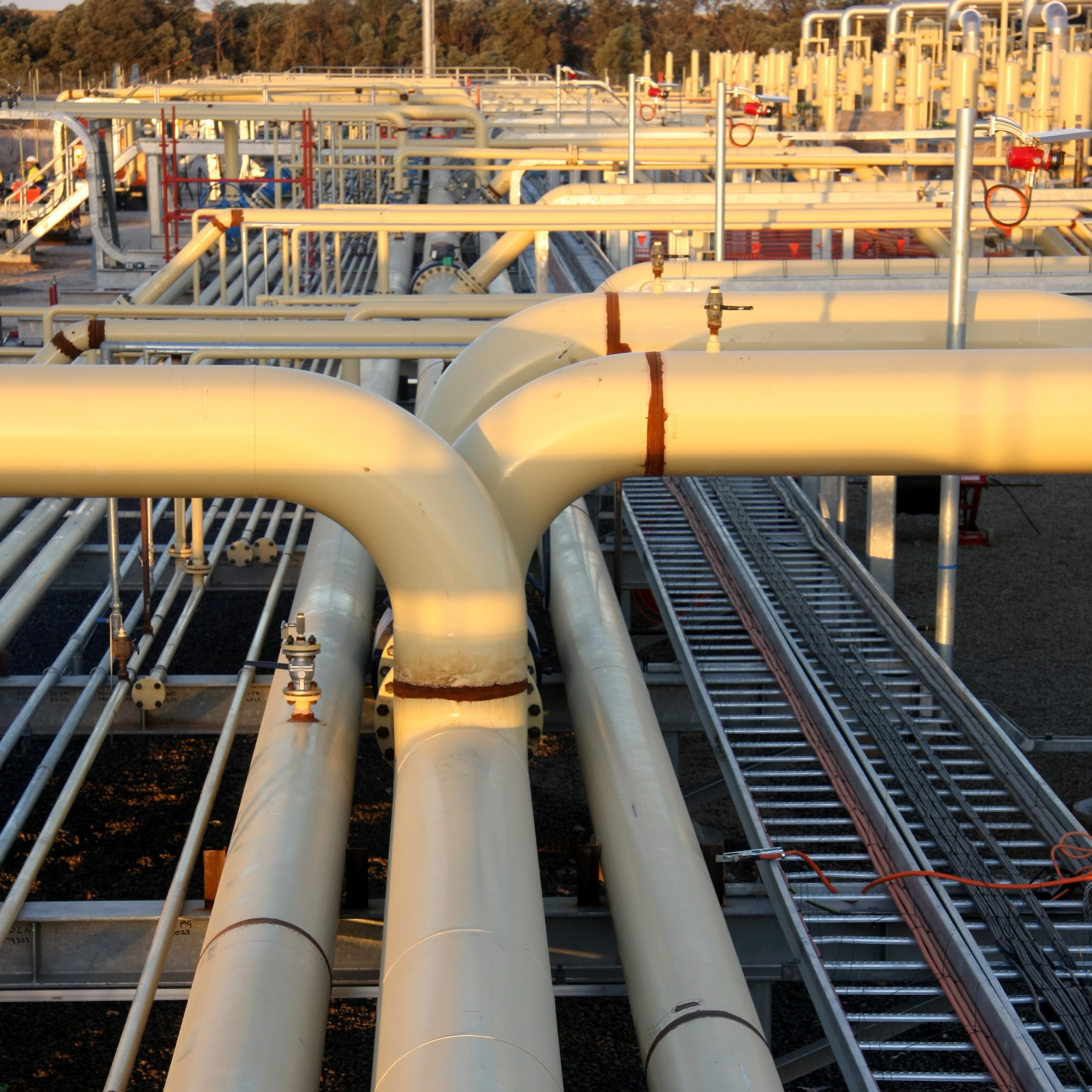Energy
Can Chesapeake Energy's Earnings Keep Growing?

Published:
Last Updated:

Chesapeake Energy Corp. (NYSE: CHK) reported first-quarter 2017 earnings before markets opened Thursday. The oil and gas exploration and production company posted adjusted earnings per share (EPS) of $0.23 on revenues of $2.75 billion. In the same period a year ago, the company reported a loss per share of $0.11 on revenues of $1.95 billion. First-quarter results also compare to the Thomson Reuters consensus estimates for EPS of $0.19 and $2.32 billion in revenues.
When the company reported earnings for the fourth quarter of 2016, the adjusted profit of $0.07 per share was expected — and welcome. The profit beat in the first quarter is largely due to higher price realizations. In the second quarter, hydrocarbon production was lower than a year ago, but prices were sharply higher.
Chesapeake produced 8 million barrels of crude oil this year, compared with 9 million last year, and the price per barrel rose from $29.34 to $50.24, excluding hedging effects. First-quarter natural gas production of 211 billion cubic feet was significantly less than the 276 billion cubic feet produced last year, but the realized price rose from $2.29 per thousand cubic feet to $3.02. Prices for natural gas liquids doubled year over year.
Chesapeake reported a debt balance of approximately $9.1 billion, compared to $10 billion as of December 31, 2016, with approximately $249 million cash on hand. The company’s total liquidity as of March 31, 2017, was about $3.3 billion, which included cash on hand and borrowing capacity of approximately $3.1 billion under the company’s senior secured revolving credit facility, which had no outstanding borrowings and $697 million utilized for various letters of credit.
Production growth for the full year is forecast in a range of flat to up 4%. Capital spending is forecast at $1.9 billion to $2.3 billion, up from $1.7 billion in 2016. Based on May 1 strip prices, Chesapeake expects its oil hedges to add $2.51 per barrel to its revenues. Natural gas hedges are forecast to have a negative impact of $0.16 per thousand cubic feet and NGL hedges are expected to add $3.75 to $4.15 a barrel to revenues.
Analysts are calling for second-quarter EPS of $0.14 per share on revenues of $2.29 billion, as well as EPS of $0.76 per share on revenues of $9.46 billion for the full year.
CEO Doug Lawler said:
Our operational momentum continues to build in our Eagle Ford, Powder River Basin and Mid-Continent oil assets, as we remain on track to reach our production target of 100,000 barrels of oil per day by year-end. We expect our production to grow significantly in the second half of 2017 as we place more wells to sales, and as a result, we have raised the bottom range of our 2017 production guidance. We remain focused on improving our balance sheet and decreasing our cash costs, while improving the capital efficiency from our operations. We look forward to reporting our results as the year progresses.
The company produced 83,700 barrels of oil a day in the first quarter, so an increase to 100,000 barrels a day should boost revenues and profits nicely, provided the company can control its costs. The average production cost in the second quarter was $2.84 per barrel of oil equivalent, down from $2.98 sequentially and down from $3.36 year over year.
Chesapeake’s shares are traded up about 2% on Thursday’s premarket to $5.64. Chesapeake’s stock closed up about 4% on Wednesday, at $5.54 in a 52-week range of $3.56 to $8.20. The consensus target price for the shares was $7.17 before this report. The highest price target prior was $11 a share.
A financial advisor can help you understand the advantages and disadvantages of investment properties. Finding a qualified financial advisor doesn’t have to be hard. SmartAsset’s free tool matches you with up to three financial advisors who serve your area, and you can interview your advisor matches at no cost to decide which one is right for you. If you’re ready to find an advisor who can help you achieve your financial goals, get started now.
Investing in real estate can diversify your portfolio. But expanding your horizons may add additional costs. If you’re an investor looking to minimize expenses, consider checking out online brokerages. They often offer low investment fees, helping you maximize your profit.
Thank you for reading! Have some feedback for us?
Contact the 24/7 Wall St. editorial team.